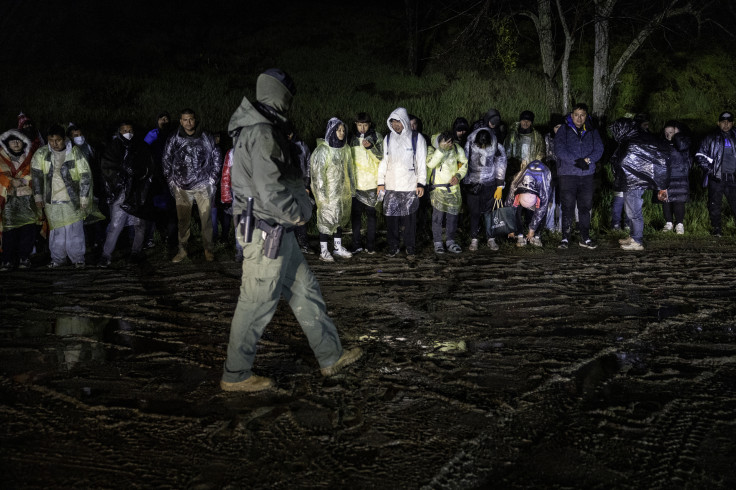
Donald Trump's victory in the U.S. presidential election has reshaped the landscape for millions of migrants worldwide. While Trump's administration has promised to reduce immigration and tighten legal pathways into the U.S., experts warn that the new policies will likely drive migrants to riskier routes, including relying on smugglers and organized crime groups to enter the country.
Though Trump's rhetoric has been harsh on immigration, many migrants, including those already en route to the U.S., are not daunted. In fact, some may even increase their reliance on illicit networks. The U.N. International Organization for Migration (IOM) estimates the number of international migrants is steadily rising, with around 281 million people now displaced globally, or 3.6% of the global population. The IOM also warns that when regular migration pathways are restricted, migrants often turn to more dangerous, irregular channels.
Migrants from various countries are already making their way toward the U.S. southern border, with some having sold everything they own to fund their journey. In Latin America, while the desire to migrate has dropped slightly from the peak of 34% in 2021 and 2022, it remains high at 28% — a sharp increase from 18% in 2011, according to a Gallup survey conducted with nearly 146,000 people across 142 countries in 2023.
Venezuelans are still arriving at the U.S. southern border in large numbers, though the flow has decreased. In September, Mexicans accounted for half of all U.S. Border Patrol arrests. Chinese migrants are traveling through Ecuador on their way north through the Americas, while Senegalese nationals are booking multi-stop flights to Nicaragua before continuing their journey northward.
Many migrants still hope to use programs like CBP One, which was introduced by the Biden administration in 2023, to schedule asylum appointments through their smartphones, as reported by the AP. This system helped ease the overcrowding of border shelters, but its future is uncertain under a Trump administration, which has pledged to end CBP One and reinstate stricter immigration policies, including mass deportations.
During Trump's first administration Mexican border towns became overcrowded with migrants due to a surge in cartel violence. Hundreds of people arrived daily, while thousands waited in Mexico for years as they navigated the lengthy U.S. asylum process.
As Trump's administration prepares for the possibility of mass deportations, Mexico may face significant pressure. While Mexico's government has not announced plans for handling large numbers of deportees, aid organizations warn that civil society is already stretched thin and may struggle to absorb additional migrants.
Experts, including Martha Bárcena, Mexico's former U.S. ambassador, warn that Trump's policies will further benefit organized crime syndicates that profit from human trafficking. "The income from illegal human trafficking is already equal to or greater than income from drugs," Bárcena said.
Humanitarian organizations have expressed concern that further restrictions will leave migrants with fewer legal avenues and increase their vulnerability. Mark Hetfield, CEO of the refugee support organization HIAS, told the AP that more restrictions would leave many migrants with no safe options, as asylum systems in much of the Americas are inadequate.
Because of Trump's promises of a large-scale deportation operation, for many migrants, Trump's victory adds urgency to theirs plans. However, Melissa Lopez, executive director of Estrella del Paso, urges migrants in Texas to seek legal advice before he takes office in January. "The most important thing for everyone to be doing right now is to be getting legal advice as soon as possible so they can find out where they stand," she said.
© 2025 Latin Times. All rights reserved. Do not reproduce without permission.


